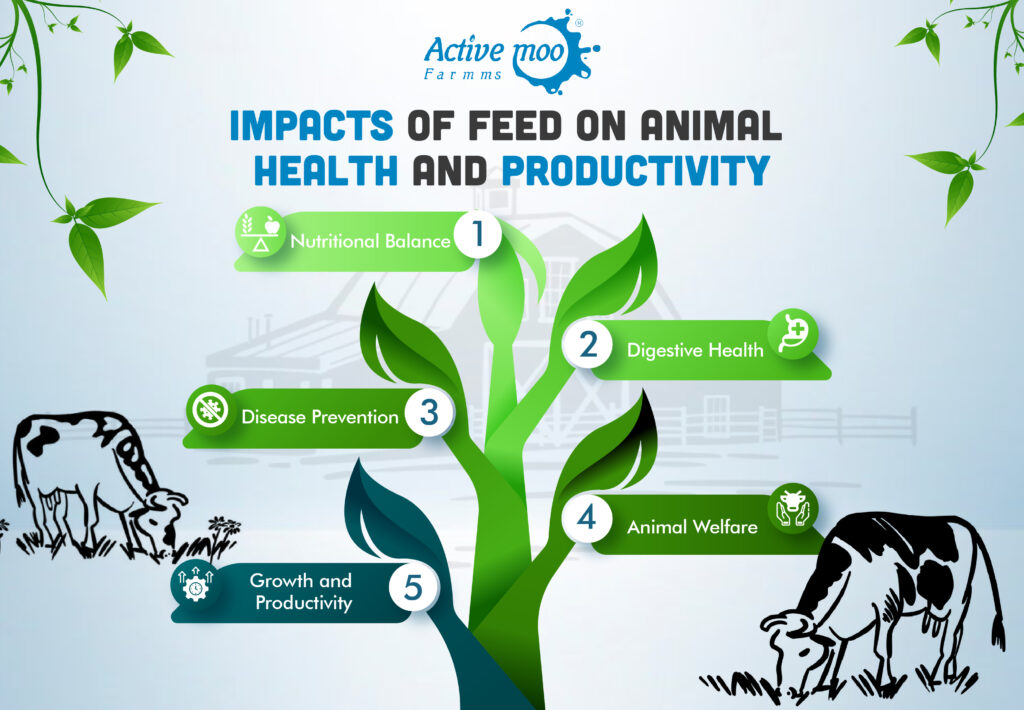In the world of animal agriculture, the feed given to animals is not just a simple daily meal. It is the key to unlocking their full potential in terms of health, growth and productivity. The impact of feed on animal well-being and performance is undeniable and as the industry continues to evolve, the need for change in feed practices becomes increasingly evident. From nutritional balance to disease prevention and from enhanced productivity to environmental sustainability, every aspect of animal health and productivity is influenced by the feed they consume.
Ensuring that animals receive a well-balanced and properly formulated diet is essential for their optimal health. Just like humans, animals require a precise combination of proteins, carbohydrates, fats and fiber to thrive. The right nutrients in the right proportions promote healthy body condition, support muscle development and fuel efficient metabolism.
Moreover, feed plays a crucial role in disease prevention and immune support. Additives and supplements added to feed can strengthen animals’ immune systems, bolstering their defenses against pathogens and reducing the risk of diseases. By promoting a healthy gut microbiota and improving digestion, these additives contribute to improved nutrient absorption and overall well-being.
The Link Between Feed and Animal Health
Feed plays a vital role in maintaining the overall health and well-being of animals. A balanced diet that meets the nutritional requirements of livestock is crucial for optimal growth, reproduction and disease prevention. Nutritional deficiencies can lead to weakened immune systems, reduced fertility, stunted growth and increased susceptibility to various diseases.
Modern research has shed light on the specific nutritional needs of different livestock species at various stages of life. For example, the appropriate balance of protein, carbohydrates, fats, vitamins, and minerals can have a significant impact on an animal’s growth rate, muscle development, and overall vitality. By formulating feed that meets these specific requirements, farmers can enhance the overall health and well-being of their livestock.
Feed and Productivity
In addition to promoting animal health, feed also has a direct impact on productivity in animal agriculture. Optimal nutrition can enhance growth rates, increase milk production in dairy cows, improve egg quality in poultry, and boost meat quality in livestock intended for slaughter.
The formulation of feed has evolved significantly over the years to maximise productivity. The use of specialised ingredients and additives has allowed farmers to achieve higher growth rates and improved feed conversion ratios. By tailoring feed formulations to meet the specific needs of each species and produc
The Role of Innovation in Feed Development
Advancements in animal nutrition research and technology have paved the way for innovative feed development. Researchers and feed manufacturers are constantly exploring new ingredients and formulations to improve animal health and productivity.
One notable area of innovation is the use of alternative protein sources in feed production. As concerns about sustainability and environmental impact grow, the industry is moving towards reducing reliance on traditional protein sources like soy and fishmeal. Instead, alternative protein sources such as insect protein, algae, and plant-based proteins are being explored. These alternative protein sources not only provide a sustainable solution but also offer unique nutritional profiles that can benefit animal health and productivity.
Precision feeding is gaining traction as a valuable practice. It involves tailoring the nutritional composition of feed to individual animals based on their specific needs, using advanced technologies such as near-infrared spectroscopy and data analytics. Precision feeding allows for more precise nutrient delivery, reduces wastage, and optimizes productivity.
Embracing Change for a Sustainable Future
As we look to the future of animal agriculture, embracing change in feed practices is essential for the industry’s sustainability. By prioritizing animal health, productivity, and environmental sustainability, we can ensure a thriving and responsible agricultural sector.
Farmers and industry stakeholders must stay informed about the latest research and technological advancements in animal nutrition. Collaboration between researchers, feed manufacturers, and farmers can lead to the development of innovative feed solutions that address the evolving needs of livestock.
Policymakers and regulatory bodies should support and encourage the adoption of sustainable feed practices. Incentives and regulations that promote the use of alternative protein sources, precision feeding, and other sustainable practices can drive the industry towards a more environmentally friendly and efficient future.

The impact of feed on animal health and productivity is undeniable. Making changes in feed practices, such as prioritizing nutritional balance, digestive health, disease prevention, and animal welfare, is crucial for farmers and livestock owners. By selecting high-quality feed and formulating it to meet the specific nutritional needs of their animals, farmers can promote optimal health, enhance productivity, and contribute to sustainable agricultural practices. Recognizing the link between feed and animal well-being is key to achieving success in animal production and ensuring the welfare of our livestock.

